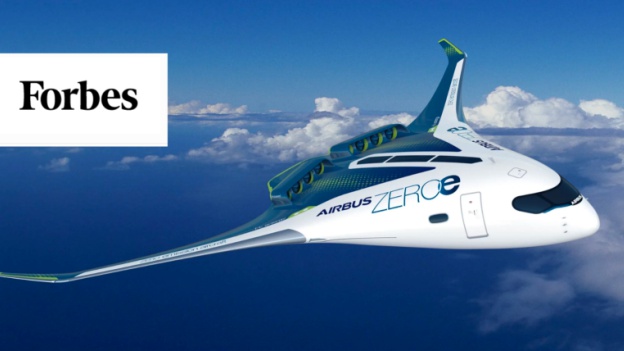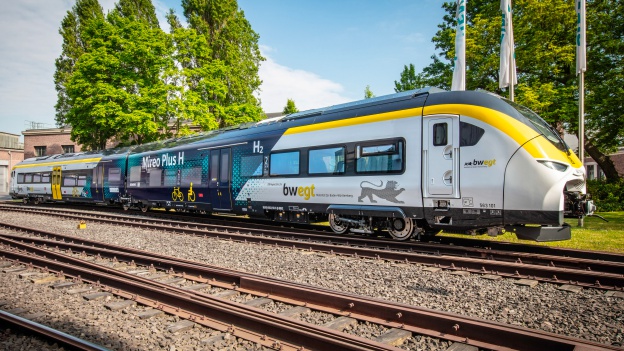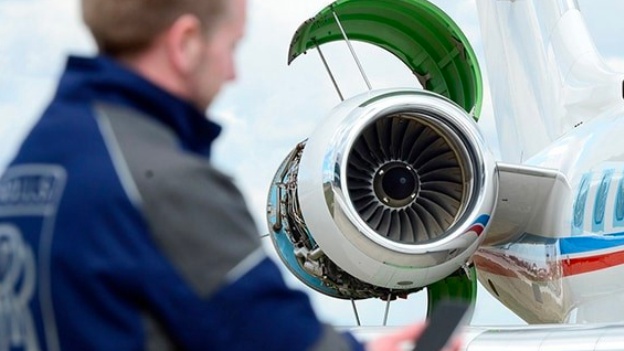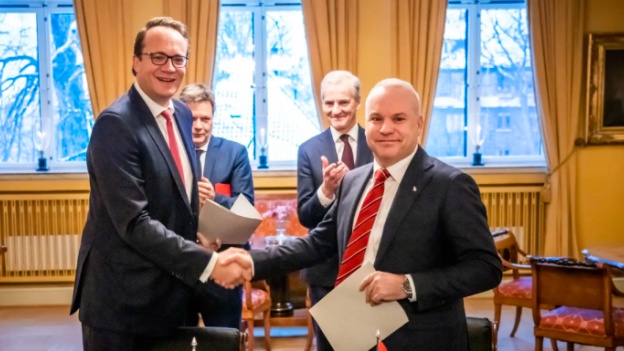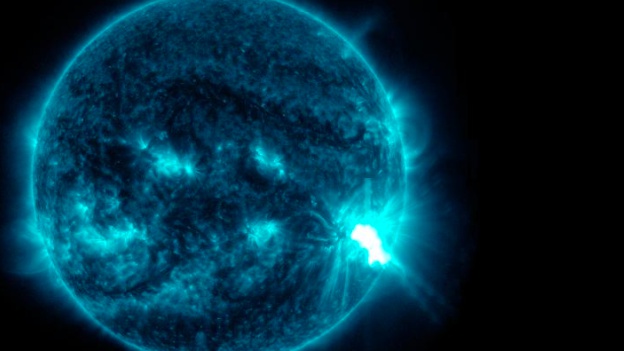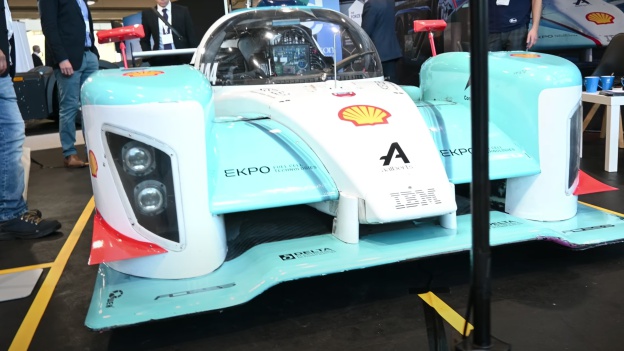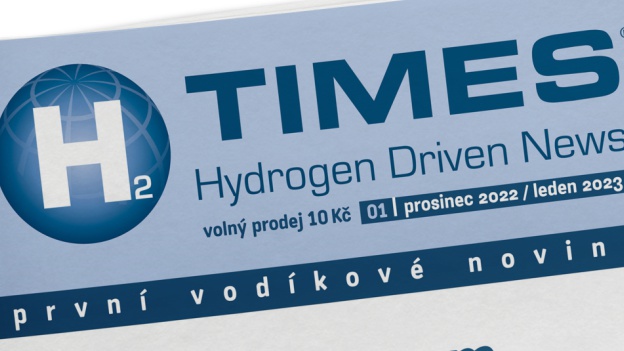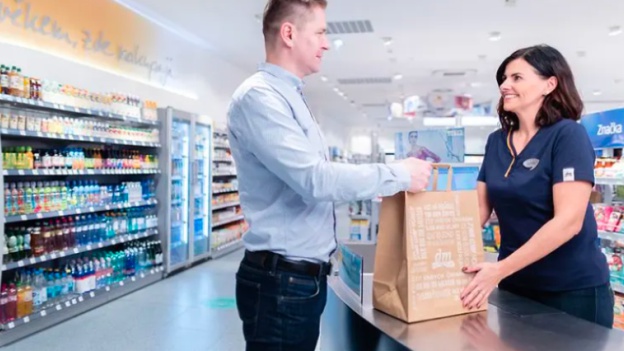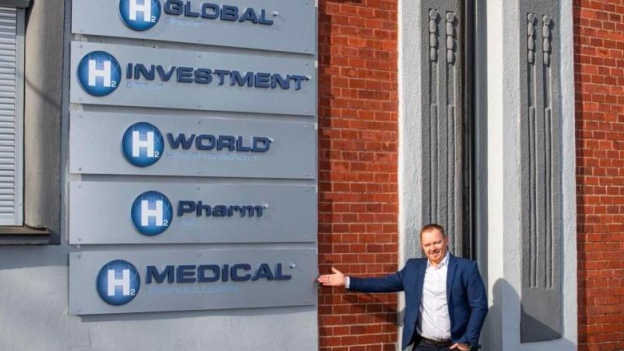Morocco will allocate up to one million hectares (10,000 square kilometres) of land to investors for green hydrogen projects, the office of Prime Minister Aziz Akhannouch said. According to the Moroccan government, „almost a hundred“ domestic and international investors have already expressed interest in developing green hydrogen or its derivatives in the country.
The government plans to initially allocate 3,000 square kilometers divided into plots of 100 to 300 square kilometers to developers, Hydrogeninsight reports.
By comparison, Oman - another country looking to establish itself as a green hydrogen exporter - has set aside a total of 50,000 sq km for the development of H2 projects. Oman's land allocations so far have ranged from 100 to 300 square kilometers, and each of them is expected to host projects producing hundreds of thousands of tons of green hydrogen.
However, further details on how the Moroccan government will allocate land to developers and on additional incentives under the support scheme have not yet been made public.
It is generally acknowledged that Morocco alone has more than 446,000 km2 of land (excluding Western Sahara, which itself has 266,000 km2), which means that the country is effectively offering around 2 percent of its land area to green hydrogen producers as part of its hydrogen supply.
Total Eren, now wholly owned by TotalEnergies, has reportedly secured 1,700 km2 in the Guelmim-Oued Noun administrative region from the Moroccan government for a 100 billion dirham ($9.9 billion) green hydrogen project in 2022, drawing on 10 GW of wind and solar power.
Morocco has often been highlighted as an important potential exporter to the EU because it can take advantage of its strong wind and solar resources to produce cheap green hydrogen while still being close enough to Europe to export gas via pipeline.
Morocco's hydrogen strategy envisages a domestic demand of 4TWh (about 121,000 tonnes) per year, for example from the state-owned fertiliser producer OCP, and an export market of 10TWh (about 303,000 tonnes) per year by 2030.
The EU has already set a target of importing 10 million tonnes of hydrogen by that year.
source - hydrogeninsight.com
photo - source - Hydrogen Fuel News












